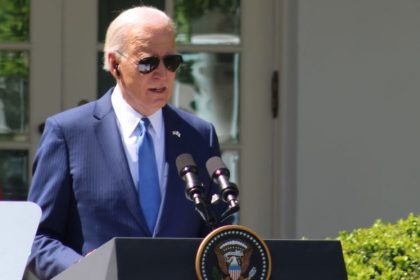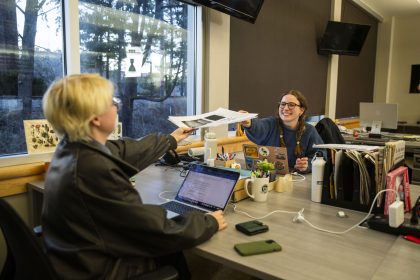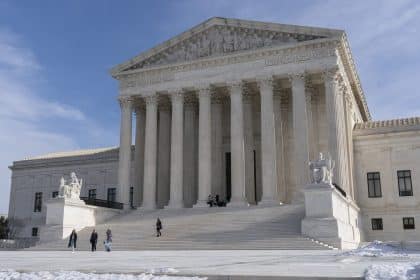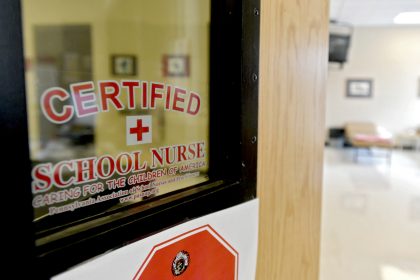Bipartisan Bill Aims to Make College Credits Easier to Transfer
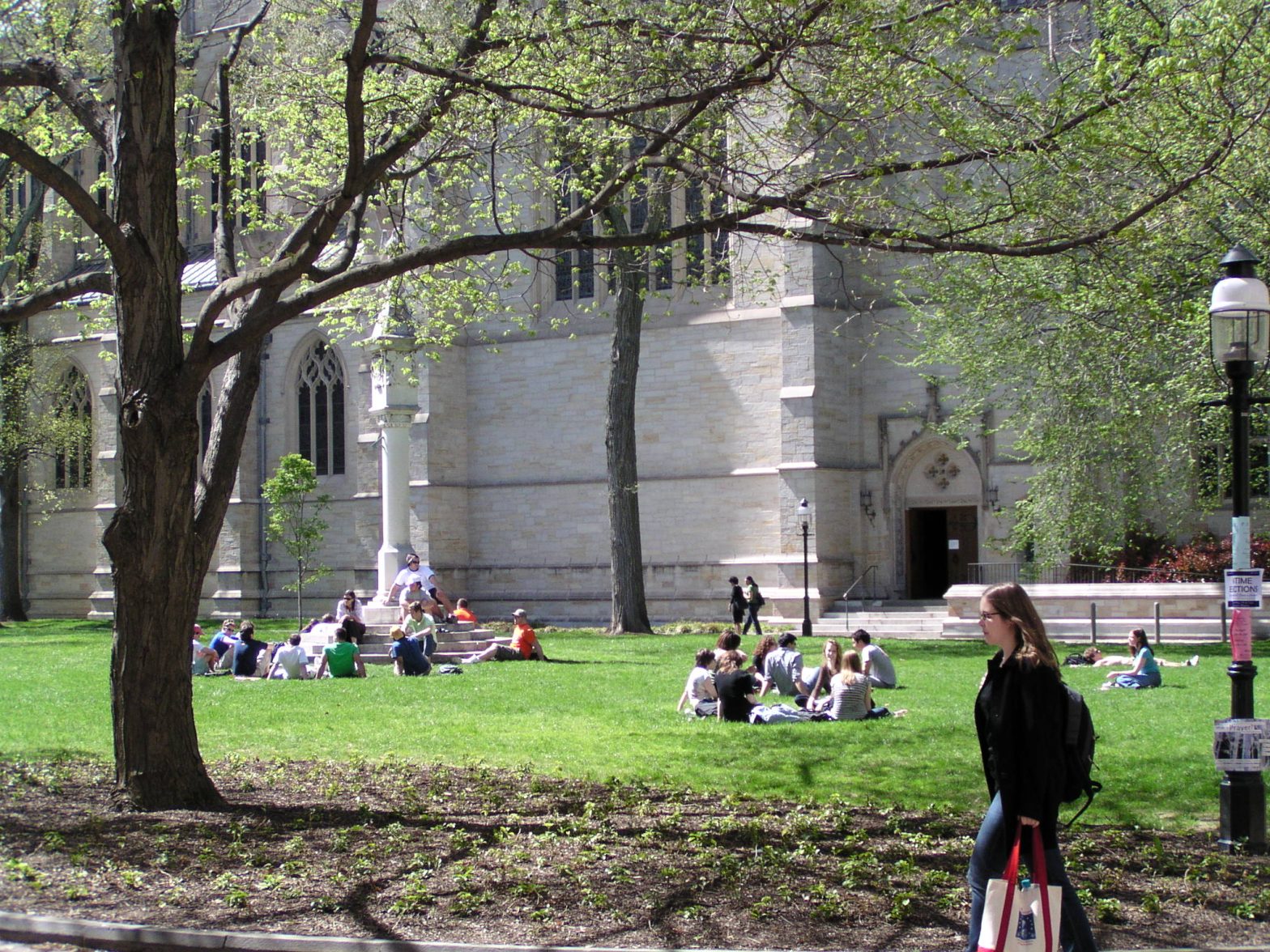
Bipartisan legislation aimed at removing a bureaucratic obstacle which prevents some students from receiving their degree or certification is being proposed by Sens. Mark Warner, D-Va., Mike Braun, R-Ind., John Hickenlooper, D-Colo. and Elizabeth Warren, D-Mass.
The Reverse Transfer Efficiency Act of 2021 would ease the reverse transferring of college credits. Reverse transferring is the process of transferring credits from a four-year institution to a two-year institution where the student was previously enrolled to identify if they earned enough credits along the way to receive a degree.
Facilitating the practice of reverse transfer would ease students’ access to the credentials they earned and better provide for future economic demands, according to a release.
“This much-needed bill would help to eliminate an unnecessary hurdle for students who’ve worked hard and paid for their studies,” Warner said. “In a competitive job market, this bipartisan bill will help more Americans claim the degree or credentials that they have rightfully earned.”
The Reverse Transfer Efficiency Act of 2021 would also amend the Family Educational Rights and Privacy Act to create a new exemption for higher education institutions to share student education records.
The bill would also allow post-secondary institutions to share credit data to determine whether a student earned an associate degree or certificate during their studies. Currently, FERPA requires students to give their institutions permission to determine whether they have enough credits to earn a degree or certificate.
“Our education system has to support different paths to a successful career,” Hickenlooper said. “Many students who graduate high school never get a four-year degree. Making it easier to recognize the work students have already done is a no-brainer.”
Reps. Joe Neguse, D-Colo., John Curtis, R-Utah and Joaquin Castro, D-Texas, have proposed companion legislation in the House of Representatives.
“We must ensure every student is provided a pathway to education that fits their goals and career path,” Neguse said. “This legislation ensures that students can receive credit and earn an associate degree or short-term certificate regardless of where they completed their coursework, breaking down barriers for better paying jobs for students who are unable to finish at a four-year institution.”
Support for the bill comes from organizations such as the American Association of Community Colleges, the Hispanic Association of Colleges and Universities, the Virginia Community College System, and the American Association of Collegiate Registrars and Admission Officers.
Melanie Gottlieb, interim executive director of the American Association of Collegiate Registrars and Admission Officers, said the organization believes the legislation will enable institutions to increase education attainment and salaries for millions of individuals.

















